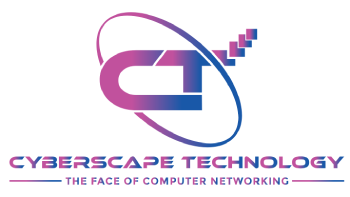Effective IT support is essential for ensuring business continuity and maximizing productivity. By implementing the following best practices, you can deliver exceptional customer service and build strong relationships with your users.
Efficient Ticketing Systems
- Centralized Ticketing: Use a centralized ticketing system to track and manage all support requests.
- Clear Communication: Ensure that all support requests are clearly documented, with detailed descriptions of the issue and any relevant information.
- Prioritization: Implement a system for prioritizing support requests based on urgency and impact.
- SLA Management: Establish service level agreements (SLAs) to define response times and resolution targets.
Knowledge Bases
- Comprehensive Documentation: Create a comprehensive knowledge base containing articles, FAQs, and troubleshooting guides.
- Searchability: Make your knowledge base easily searchable to help users find answers to their questions quickly.
- Regular Updates: Keep your knowledge base up-to-date with the latest information and best practices.
Proactive Maintenance
- Regular Monitoring: Monitor your IT infrastructure for signs of issues or performance degradation.
- Patch Management: Keep software and systems up-to-date with the latest security patches.
- Preventive Maintenance: Schedule regular maintenance tasks to prevent issues and optimize system performance.
Additional Tips
- Empathy and Understanding: Treat users with empathy and understanding, acknowledging their frustration and working to resolve their issues promptly.
- Clear Communication: Communicate clearly and effectively, using plain language that is easy to understand.
- Follow Up: Follow up with users after issues are resolved to ensure they are satisfied with the outcome.
By implementing these best practices, you can improve your IT support services and build stronger relationships with your users. Cyberscape Technology can help you implement these strategies and provide the support your organization needs.




